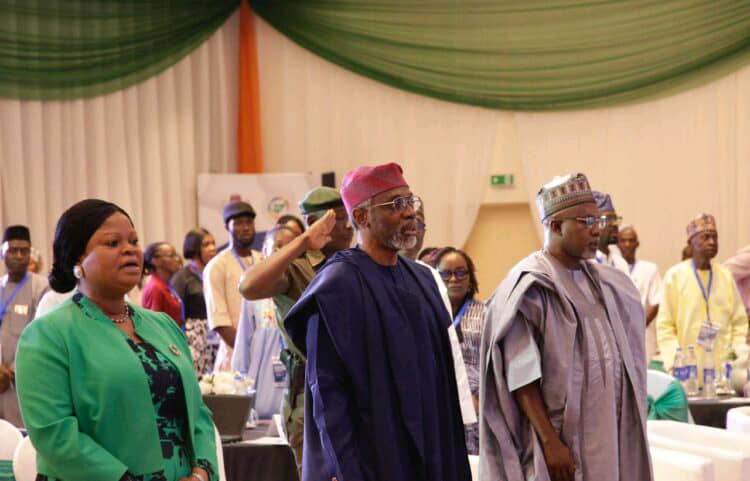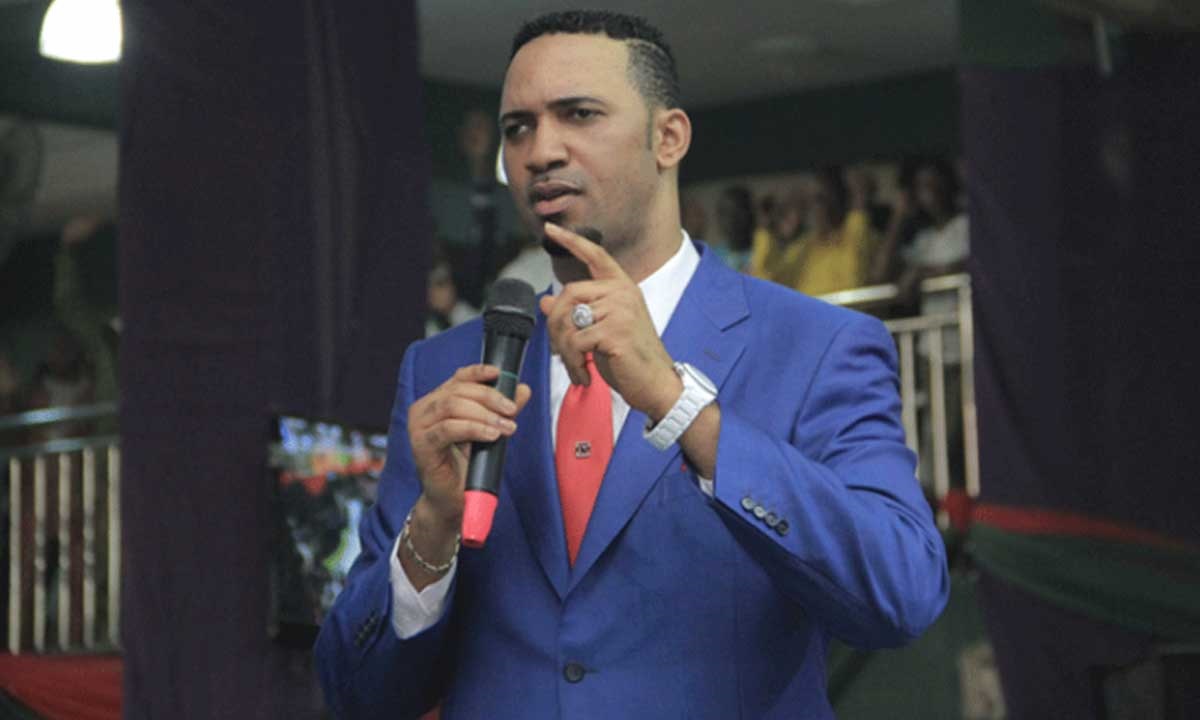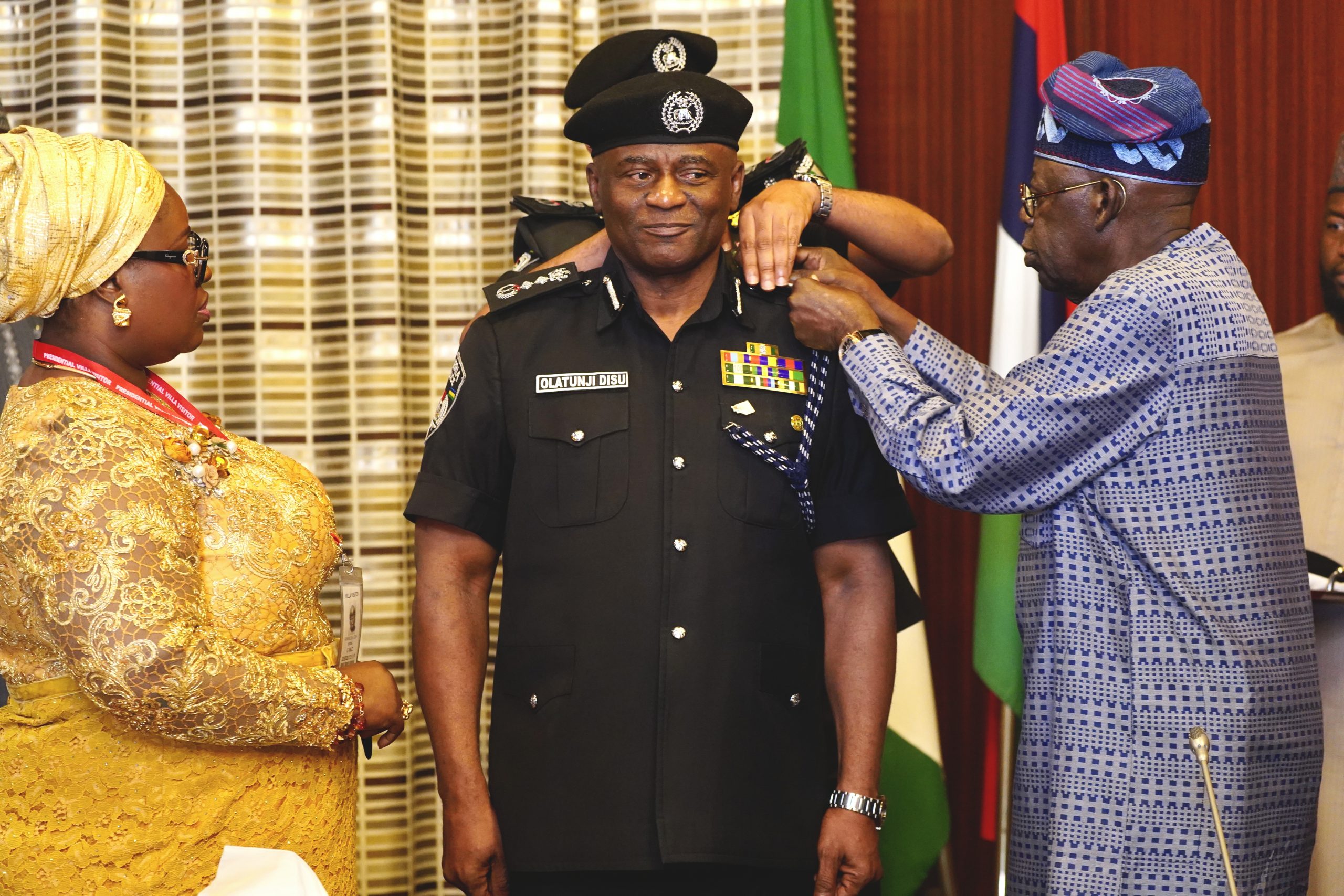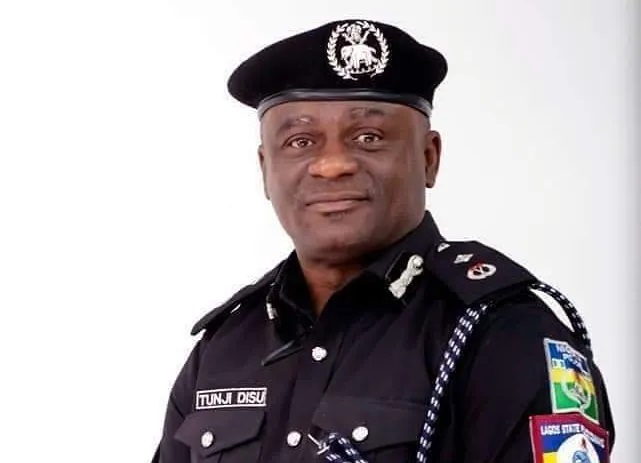BY ABUBAKAR YUSUF
The domestication and global embedding of the United Nations Sustainable Development Goals (SDGs) in Nigeria have become commonplace, as demonstrated by substantial data and the successful execution of the Voluntary National Reports (VNR). This achievement has established a benchmark in Nigeria’s developmental agenda.
With international endorsement and a thoroughly verified process, the latest reports build upon earlier submissions from 2017, 2020, and the most recent assessment conducted in 2025. These initiatives have spanned all six geopolitical zones, affirming Nigeria’s commitment to the 2020-2030 Decade of Action Agenda.
The consolidation of three key reports — the Validation National Report (VNR), the Nigeria SDGs Progress Report 2024, and the Inclusive Data Charter (IDC) Action Plan — aims to expedite the 2020-2030 Agenda. The backing from stakeholders and the international community, alongside an evidence-based methodology, underscores Nigeria’s resolve to fulfil the SDGs.
Under the Renewed Hope Agenda, all tiers of government—federal, state, and local—are mobilised to ensure that all preparatory actions are comprehensively addressed. Strategies have been refined to confront economic, social, and environmental challenges with determination.
This all-encompassing event brought together stakeholders, development partners, civil society representatives, academic institutions, and advocates for vulnerable communities, highlighting the essence of participatory governance.
With this progress, Nigeria is well-prepared for the upcoming High-Level Political Forum (HLPF) in July, encouraging Ministries, Departments, and Agencies, as well as the organised private sector and voluntary organisations, to collaborate in pursuit of global objectives and beyond.
The Nigerian government’s stance was articulated by the Chief of Staff, Rt. Hon. Femi Gbajabiamila.
Nigeria has made a significant move towards hastening the implementation of the Sustainable Development Goals (SDGs) with the official validation of its 2025 VNR, the launch of the Nigeria SDGs Progress Report 2024, and the unveiling of the Inclusive Data Charter (IDC) Action Plan.
This pivotal event, held in Abuja, gathered senior government officials, development partners, civil society representatives, academia, and members of vulnerable groups to demonstrate robust participatory governance.
In his address, Chief of Staff Gbajabiamila stressed the urgent need for Nigeria to amplify its internal strategies for sustainable development in light of declining global multilateral cooperation. “In a diminishing multilateral environment, we must focus inwards to find sustainable solutions to our economic, social, and environmental issues,” he asserted.
He underscored the essential role of the SDGs as a guiding framework for these initiatives, noting Nigeria’s commitment, as evidenced by successful VNRs conducted in 2017, 2020, and now in 2025, which reflects the government’s determination to meet the 2030 targets.
Gbajabiamila acknowledged the commendable leadership of Princess Adejoke Orelope-Adefulire, Senior Special Assistant to the President on SDGs, in steering this critical process.
He explained that the 2025 VNR stemmed from six regional consultations held in March 2025 across Nigeria’s geopolitical zones, aimed at assessing progress, pinpointing gaps, and gathering insights for the upcoming HLPF at the United Nations. These consultations highlighted the necessity of inclusive, participatory, and evidence-based approaches to hasten SDG implementation.
Gbajabiamila also called upon ministries, departments, agencies, development partners, the private sector, academia, and civil society to enhance collaboration and mobilise resources, ensuring that no individual is overlooked in Nigeria’s sustainable development journey.
He reiterated the Tinubu administration’s steadfast commitment to the SDGs, characterising sustainable development as a fundamental objective within the Renewed Hope Agenda. He conveyed President Tinubu’s best wishes, noting his profound interest in achieving the SDGs. “When world leaders adopted the 2030 Agenda for Sustainable Development, they envisioned a just and truly egalitarian society where no one is left behind,” stated Gbajabiamila. “Achieving the SDGs will signify the end of poverty and hunger, the protection of our environment, and the establishment of peace and prosperity for our people by 2030 and beyond.”
In her presentation, Princess Orelope-Adefulire reinforced Nigeria’s commitment to the 2030 Agenda during her welcome address at the national validation workshop.
She indicated that nearly a decade after the SDGs were adopted at the 70th UN General Assembly, Nigeria is steadfast in its pursuit of these goals. The 2024 United Nations SDGs Report revealed that merely 17% of global targets are on track, disproportionately affecting developing nations and the most impoverished populations. “The stagnation in progress towards the SDGs is a universal challenge, yet developing countries and the world’s poorest communities bear the brunt of this delay,” she remarked.
Orelope-Adefulire characterised the VNR process as a vital aspect of the HLPF review mechanism, enhancing transparency and accountability at the national level. She noted that Nigeria’s 2025 VNR emerged from extensive consultations across all six geopolitical zones, including targeted engagements with persons with disabilities, youth, and children, reflecting a comprehensive societal approach.
“This national validation workshop not only reaffirms our commitment to the 2030 Agenda but also illustrates our determination to base implementation on inclusive, evidence-based, and participatory principles,” she stated.
She encouraged participants to rigorously assess the VNR’s findings and recommendations to ensure a comprehensive final report.
The Nigeria SDGs Progress Report 2024, revealed at the workshop, provides an exhaustive analysis of achievements and setbacks for each goal, alongside strategic recommendations for policymakers at all levels.
Orelope-Adefulire also announced the launch of Nigeria’s Inclusive Data Charter Action Plan 2024, developed collaboratively with the National Bureau of Statistics and Sightsavers Nigeria. “Our commitment to leaving no one behind must be rooted in data and evidence,” she asserted.
She added that the IDC Plan reinforces Nigeria’s dedication to disaggregated and inclusive data systems as the bedrock of accountable development, commending the Multi-Stakeholder Core Working Group for its coordination of the VNR process, which encompasses a diverse array of stakeholders from government agencies, the UN system, civil society, academia, and the disability community. She also expressed gratitude to Sightsavers Nigeria for its support in facilitating the active participation of persons with disabilities.
United Nations Resident Coordinator in Nigeria, Mohamed Malick Fall, conveyed a goodwill message commending the Federal Government for its inclusive approach to the VNR, reiterating the UN’s ongoing technical and financial support. “With less than five years remaining, the SDGs are globally off course. Nonetheless, Nigeria’s participatory approach instills hope that the path can still be corrected,” he stated.
Fall highlighted Nigeria’s significant role among the 39 countries presenting VNRs at the 2025 HLPF, providing a platform for showcasing transformative, science-based strategies.
He urged the workshop to generate actionable recommendations to address pressing challenges such as poverty, inequality, and climate change.
The Nigeria Governors’ Forum (NGF) echoed similar sentiments. Represented by Assistant Director Eghosa Omoigui, NGF Director General Abdulateef Shittu cited sub-national progress from Kwara, Lagos, Gombe, and Edo States as evidence of local innovation driving meaningful change. “Resource gaps, data limitations, and climate impacts test our resilience but sharpen our resolve to act strategically and ensure no one is left behind,” he stated.
He further noted that the NGF is committed to assisting states in localising the SDGs through innovation, partnerships, and knowledge sharing. He encouraged participants to transform the validation process into a renewed commitment to the 2030 Agenda, emphasising, “Nigeria’s narrative embodies resilience, collaboration, and the promise of achieving sustainable development.”
With notable advancements made in accelerating the 2020-2030 Agenda, the global journey towards fulfilling the Decade of Action has unquestionably begun.
Written BY ABUBAKAR YUSUF at yus.abubakar3@gmail.com.





